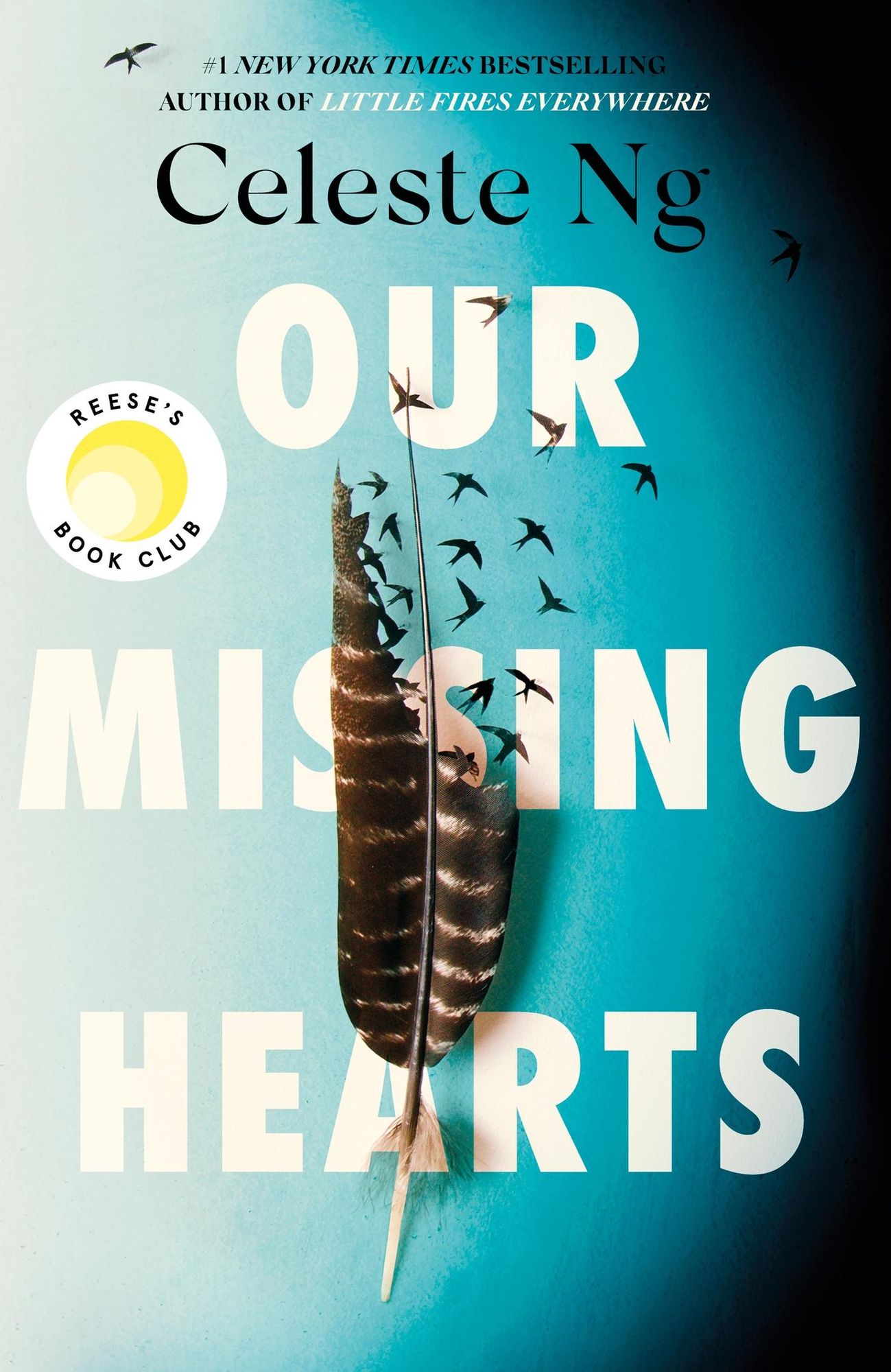
The constraints and monotony of his present - going to school and coming straight home, keeping his head down - are relieved only when Bird allows himself to revisit his former home and long-suppressed feelings, when “memories hover close before alighting on his shoulder like dragonflies.” When showing us the world through Bird’s eyes, Ng’s language is subdued, reflecting the boy’s flattened affect and limited understanding. But when Bird receives an unsigned letter containing nothing but drawings of cats, he realizes that Margaret is trying to contact him and sets off to find her. In the aftermath of a dark period referred to as The Crisis, American equilibrium is enforced by a sweeping law intent on preserving “American Culture.” Considered to be a leader of the resistance to the new censorship and cultural nationalism, Margaret is a fugitive. Bird’s age, coupled with his father Ethan’s extreme protectiveness, has limited his understanding of what has transpired.Īs adult readers, we recognize what Bird can’t. His mother, a Chinese American poet named Margaret Miu, left her husband and son when Bird was 9 and has had no contact with either of them since. All of these ongoing policies and whipped-up culture wars loom large in the plot of “Our Missing Hearts."īird Gardner is a 12-year-old boy living in a tiny Cambridge dorm room with his father, a former linguistics professor who now shelves books at Widener Library.

Layering on to those “reckonings” are the recent measures to ban books from school libraries and curricula that deal with sexual identity and racism. government’s removing children from the custody of their immigrant, asylum-seeking parents at the southern border, and the dramatic rise in violence against Asian Americans in response to the COVID-19 pandemic. (Courtesy Kieran Kesner and Penguin Press)Īs any student of recent history will recall, those included the U.S.

The story shifted as I wrestled with questions raised by the reckonings taking place-or being avoided.” Local author Celeste Ng's latest novel, “Our Missing Hearts,” is available Oct.

But as I wrote, the world began to shake along long-ignored fault lines, and the last few years have felt particularly cataclysmic.

“In mid-2016, after I finished drafting ‘Little Fires Everywhere,’ I started what I thought was a fairly traditional novel about a mother and her adolescent son. Celeste Ng, the Cambridge-based author of “Everything I Never Told You” and “Little Fires Everywhere,” acknowledges as much in the letter to her readers at the start of her newest novel, “ Our Missing Hearts” (out Oct. More than ever, the challenge today in writing dystopian fiction is that in the lag between when the manuscript is submitted and the book is published, chances are disturbingly good that the reality will have surpassed anything the author imagined.


 0 kommentar(er)
0 kommentar(er)
